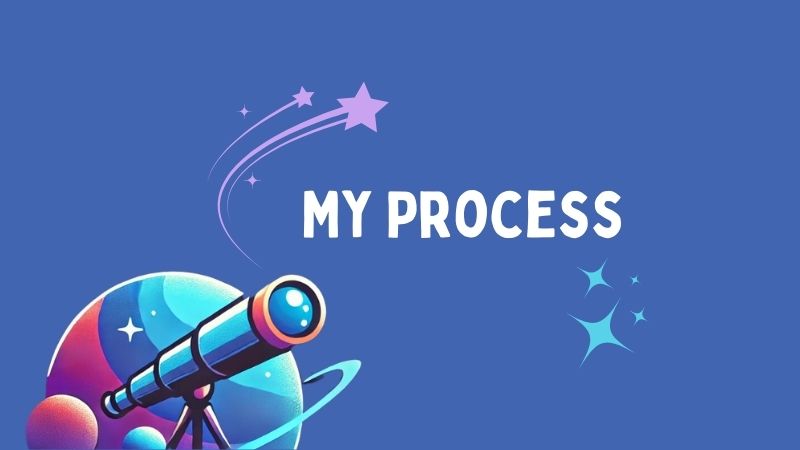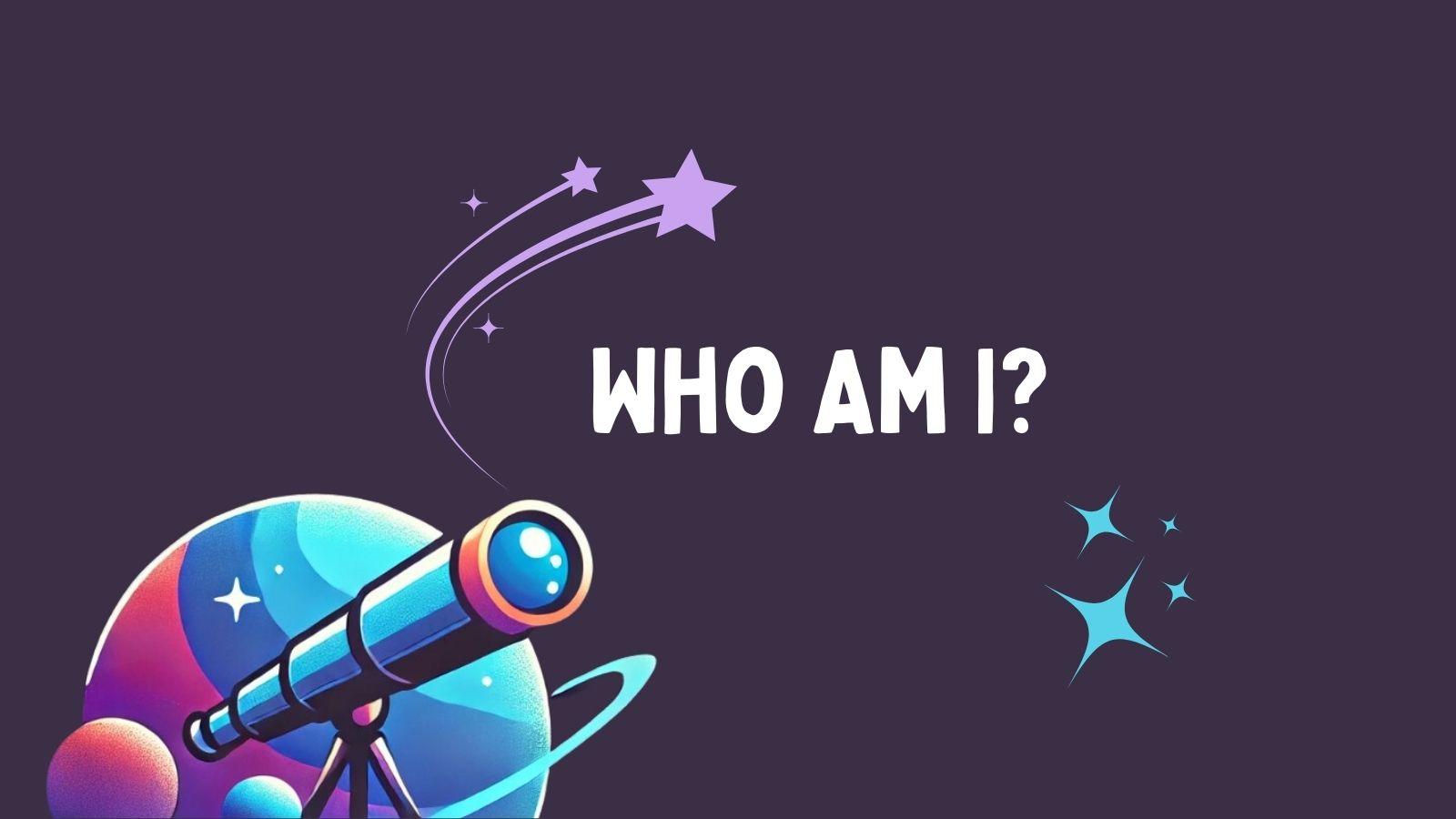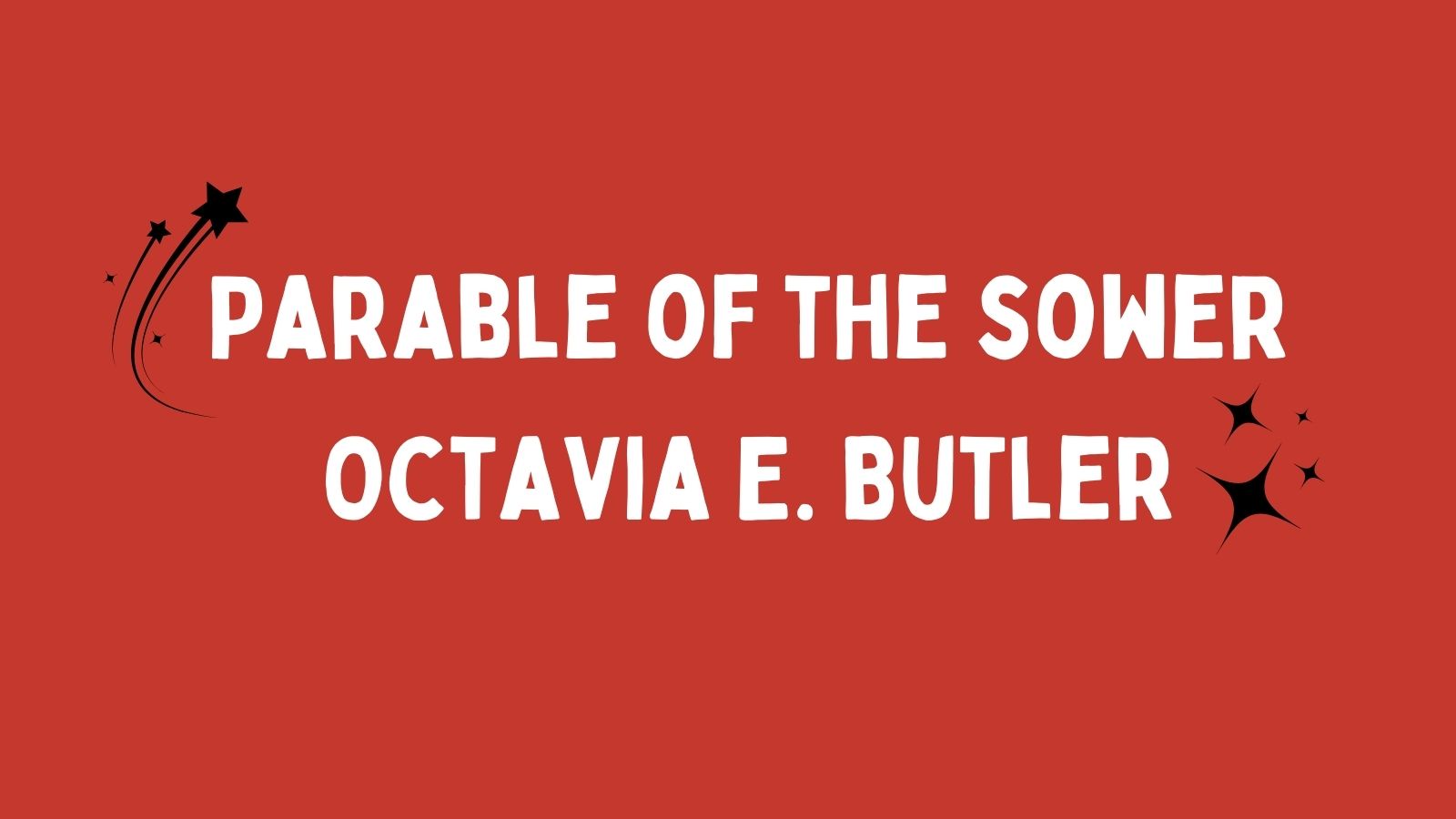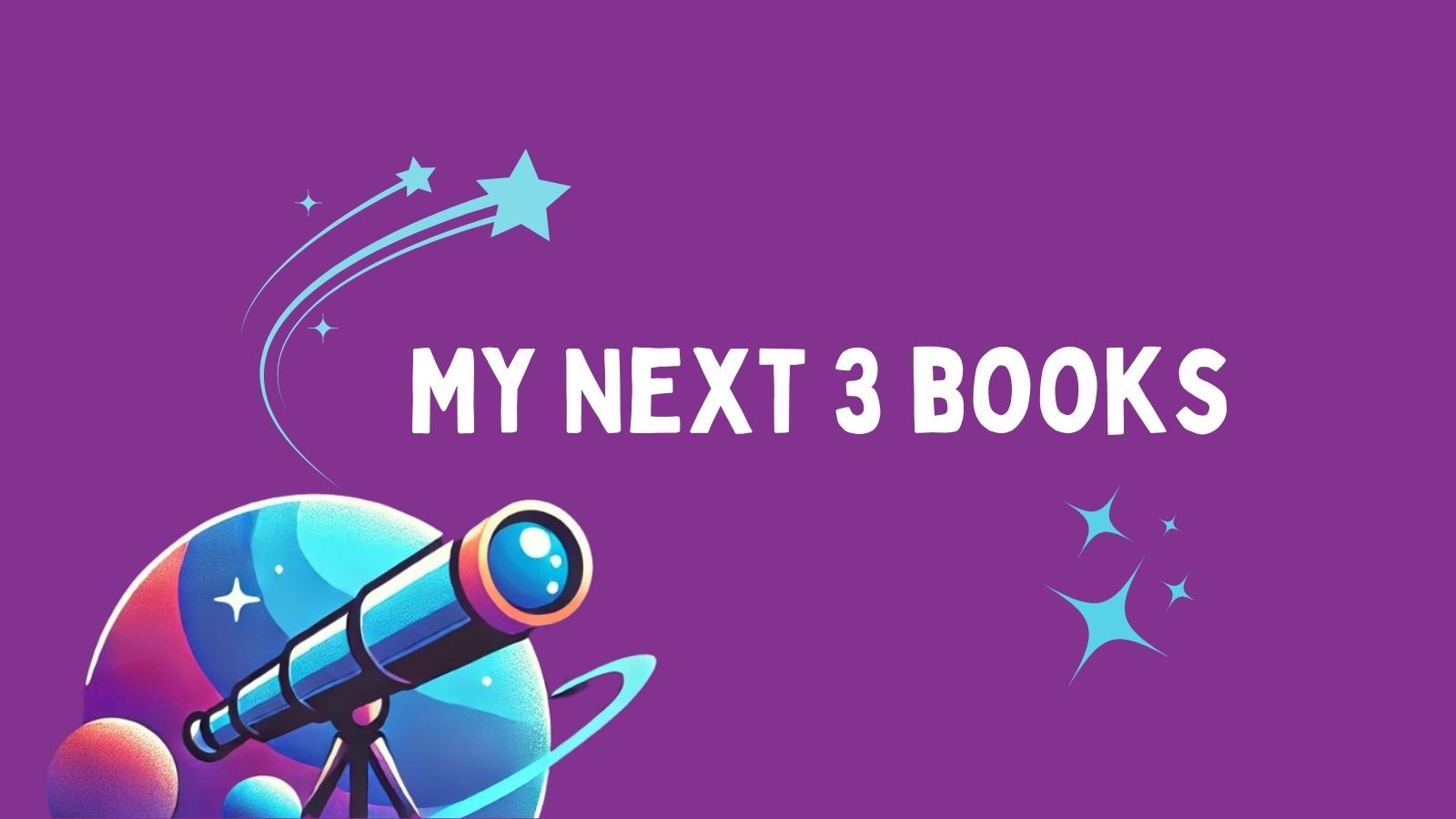Introduction
In his book The 4-Hour Work Week, Tim Ferris presents a bold claim that if you read just three books on a topic from different authors, you’ll become more knowledgeable about it than 99% of the people you know. After seeing this theory, I wondered: what would happen if you read 100 books? The American Management Association took this a step further and said you can dominate any field/industry quickly if you study, apply your new knowledge, summarize what you’ve learned, then teach that knowledge to others.
As a lifelong reader and learner who owns a bookstore (Tubby & Coo’s Traveling Book Shop in New Orleans, LA), these theories really speak to me. One topic I’m interested in becoming more knowledgeable about is human imagination, and specifically, how humans imagine the future.
Thus, Prospecting Tomorrow is born. I’m going on a journey to read at least 100, but probably more, books on how humans imagine the future, summarize what I learn, and present it to you. I’m going to read fiction and nonfiction from across the spectrum, including from creators/authors/musicians/artists, architects, activists, scientists, futurists, economists, academics, religious leaders, journalists, environmentalists, technologists, and more. I plan to see what themes organically emerge, but some I’ve thought about to start include nature/climate change, community, economy, technology, society, education, architecture, infrastructure, liberation, war, science, and religion. I do hope you come on this journey with me, whether you dip in and out or come along for the full ride.
My ultimate goal is to expand my own horizons and knowledge, and maybe others will be interested in learning with me. I want to learn how amazing humans imagine the future so I can apply that knowledge to hopefully make the world a better place. Welcome to Prospecting Tomorrow!
How I Choose Books
Step One: The List
Of course, step one was to create a list of potential books. I started with writing down some themes (listed above) and various groups I wanted to make sure I included, such as queer, BIPOC, and disabled folks, journalists, artists, activists, futurists, economists, environmentalists, religious leaders, scientists, etc. I then researched books about imagining the future. Owning a bookstore made this a bit easier, as I have access to publisher catalogs. I made the list as wide as possible to start and ended up with 200+ books.
Step Two: Narrowing Down
Next, I analyzed the list to see which groups were overrepresented and which were underrepresented. I also looked deeper into the books themselves and the perspectives to ensure I was both inclusive of varying perspectives and exclusive of harmful ones. I also culled books that were not directly about imagining the future (and kept some on the list for later).
Step Three: Vibes
When I think about imagining better futures, two people spring to mind immediately – Octavia E. Butler and adrienne maree brown – so I thought what better place to start than with their works? From there, I will see what organically emerges as a next topic/author/theme/group. I want to make sure many different groups and perspectives are highlighted, so while I think all the works of Butler and brown are relevant to this project, I’ve picked a handful with which to begin. I may return to their works later in the project, but the titles I’ve decided to start with are:
Parable of the Sower and Parable of the Talents by Octavia E. Butler: These works are prescient and relevant to the times, and they take place in the 2020s, so these seemed to me the obvious choice to start with of all of Butler’s works.
Emergent Strategy by adrienne maree brown: This is brown’s first solo work and is inspired by the works of Octavia E. Butler, so it is a natural follow up to the Parable books.
Octavia’s Brood, edited by adrienne maree brown and Walidah Imarisha: This anthology is also inspired by Octavia E. Butler’s works and many authors I love and respect contributed to it. The description of the book says, “These visionary tales span genres […] but all are united by an attempt to inject a healthy dose of imagination and innovation into our political practice and to try on new ways of understanding ourselves, the world around us, and all the selves and worlds that could be.”
I can’t imagine a better place to begin this project! Let’s get started.
If you want to follow along, you can view the first 20 books I plan to read here, in no particular order.



